RSS
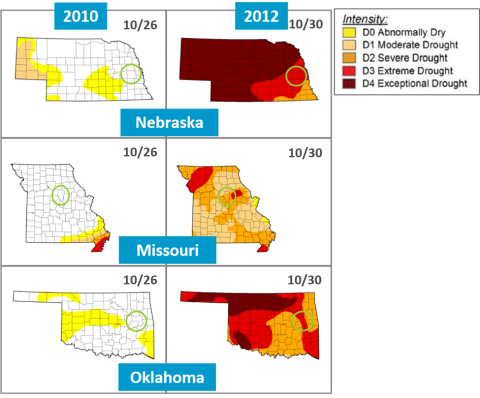



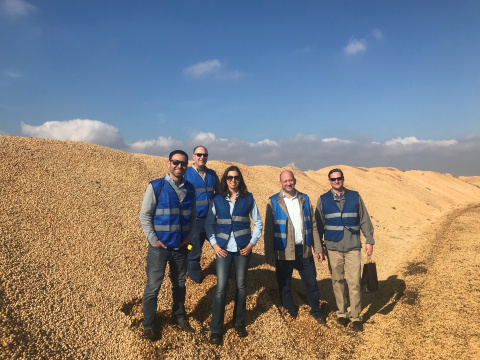

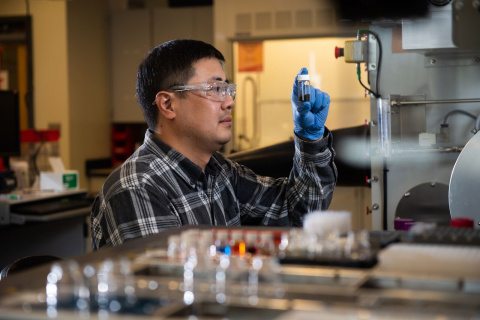
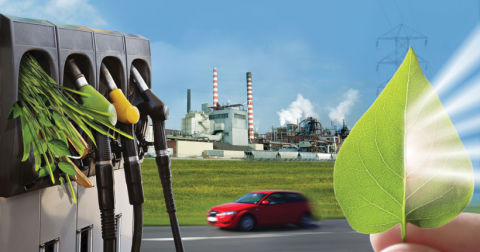
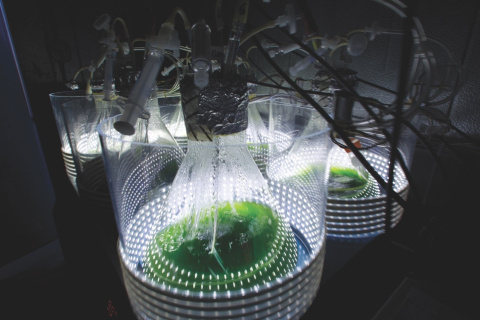
The Bioenergy Technologies Office (BETO) blog posts are a great source to learn about the progress BETO is making toward its goals.

As the U.S. Department of Energy helps biorefining companies convert grasses, crop residue, and forest byproducts into alternative fuels and advanced manufacturing materials, year-to-year chemical changes caused by climate volatility have become a...

Scientists from multiple national labs are finding new ways to repurpose carbon dioxide.

Precision agriculture offers the possibility of balancing maximum productivity with conserving and protecting the land for future generations, but the challenge has been finding capable tools that can make both goals achievable...

Startup firm Pyran recently took a huge leap forward in the development of its technology to make renewable industrial chemicals, achieving an extraordinary 1,000-times scaleup of its reactor in a single step.

New analysis outlines steps for turning piles of waste into a potentially powerful solution to lower one company’s carbon footprint.

U.S. Secretary of Energy Jennifer Granholm is hosting her counterparts from energy ministries across the world in Pittsburgh, September 21–23, 2022 for the Global Clean Energy Action Forum.

A research team from Pacific Northwest National Laboratory investigates how potassium in biomass feedstocks poisons a catalyst.

The U.S. Department of Energy Bioenergy Technologies Office (BETO) has achieved a significant milestone in decreasing the minimum fuel selling price (MFSP) of drop-in biofuels.
Biofuels have been proven to emit significantly lower emissions than petroleum-based fuels, and recent scientific studies indicate that net-zero emission biofuels are not only possible, but achievable. Corn ethanol and other biofuels

The potential for advancing algal biofuels and bioproducts relies on using algae strains that are best suited for industrial production.

